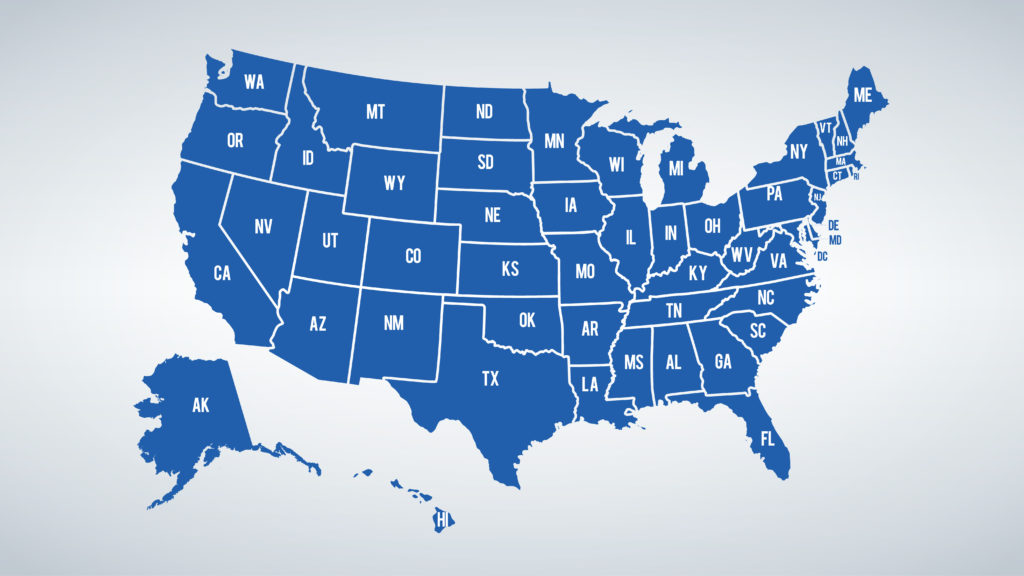Which States Are Good, and Bad, for Taxes?

How attached are you to the state you live in? Although most people would rather not relocate, where a person lives can actually make a huge difference in his or her tax bill. That’s because Kiplinger recently released its list of the most and least “tax-friendly” states when it comes to taxes. The business publisher used three important tax factors to determine their results, including state income tax, gas tax and sales tax. Here’s what they found.
If you live in Delaware then chances are you’re happier than most about your tax bill. With an income tax coming in between 2.2 percent to 6.6 percent, along with no sales tax and well below average gas taxes, Delaware was number one on the list of most friendly tax states. Wyoming, Louisiana, Mississippi and Alabama were also on the friendliest list.
Meanwhile the news is not so good if you live in California. With an income tax reaching as high as 13 percent for the top earners, a 7.5 percent sales tax and a gas tax coming in at $.053, the golden state is number one on the list of least friendly tax states. Other states that will keep your tax bill high include New York, Connecticut and New Jersey. Click here to see the entire lists.
Everyone has to pay taxes, but you can click here to learn how GROCO can help you save on your taxes no matter which state you live in. Call us today at 1-877-CPA-2006.
Alan Olsen Performing In World Renown Oakland Temple Pageant
Alan Olsen Performing In World Renown Oakland Temple Pageant Managing Partner Alan Olsen portraying John Taylor Fremont, CA – July 13th, 2006 – Alan L. Olsen CPA, MBA (tax) and Managing Partner of Greenstein, Rogoff, Olsen & Co. will be kicking up his heels as he dances and sings in the world renown extravaganza –…
Five Uses For Survivorship Life Insurance
Five Uses For Survivorship Life Insurance By Robert D. Cavanaugh, CLU Survivorship life insurance is a life insurance policy that insures two people and pays at the second death. Also referred to as second-to-die life insurance, common abbreviations are SWL for survivor whole life and SUL for survivor universal life. Advantages Since the insurance company…
The Basics of Asset Allocation
The Basics of Asset Allocation The Two Biggest Investment Mistakes: 1. Failure to diversify. Don’t bet everything on one stock. Don’t put all your money into either stocks or bonds. 2. Failure to cope with inflation risk. Today you need over $2 to buy what $1 bought in 1980, over $4 to buy what $1 bought in…
Stock Basis Reporting on Form 1099-B in 2011
Stock Basis Reporting on Form 1099-B in 2011 By Ron Cohen, CPA, MST Partner Greenstein, Rogoff, Olsen & Co., LLP See the new Form 1099-B for 2011 that requires “cost basis” information. Form 1099-B 2011 In the past, the client’s sometimes don’t know or can’t find their cost basis in stocks they have sold. Major…


